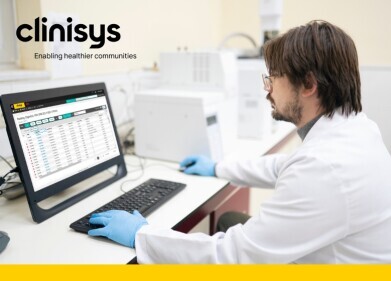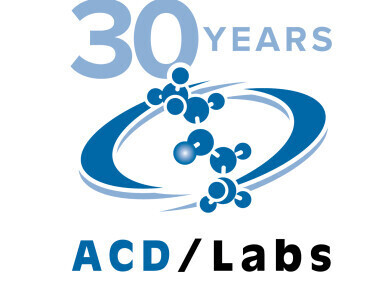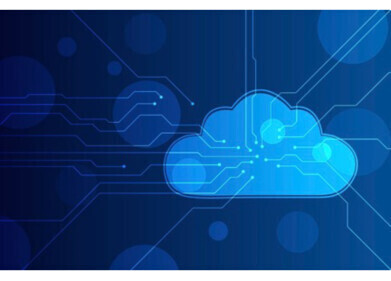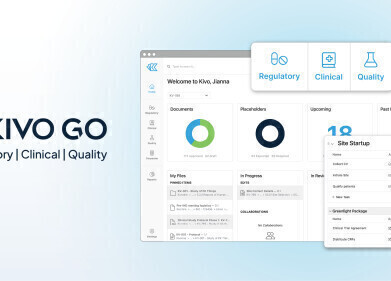LIMS
6 Types of LIMS Systems
Nov 23 2022
From tracking samples and managing data to streamlining workflows and scheduling instrument maintenance, Laboratory Information Management Systems (LIMS) are crucial in modern labs. There’s no one-size-fits-all solution and it’s important for facilities to invest in LIMS that matches their unique needs. Read on for a closer look at the types of LIMS solutions and how they’re tailored to meet the demands of different labs.
-
Clinical Analysis and Diagnostics LIMS
Traceability is a critical feature of LIMS systems designed for clinical analysis and diagnostics labs. Analysts must be able to track samples and produce a clean Chain of Custody (Coc). The latest generation of LIMS can also perform complex tasks like next generation sequencing and quantitative polymerase chain reaction (qPCR).
-
Environmental LIMS
Samples are indispensable in environmental labs, with some facilities processing thousands of specimens every day. For example, labs using gas chromatography mass spectrometry (GC/MS) methods to analyse drinking water will generate large data batches. LIMS systems must have the capacity to handle demand. Software should also help streamline workflows, minimise costs and reduce administration demands.
-
Academic Research LIMS
Collecting, analysing, storing and sharing data is built into the DNA of Academic Research LIMS software. Collaboration is front and centre. The best LIMS systems feature tools designed to make collaboration between academic researchers easy and efficient.
-
Chemical and Petrochemical LIMS
Chemical and petrochemical companies deal with huge volumes of data. LIMS systems must have the capacity to process these datasets. Industry giants like Chevron Corp also rely on LIMS to optimise processes and comply with strict industry regulations and safety protocols.
-
Food and Beverage LIMS
The food and beverage sector is governed by strict health and safety requirements. This includes the ability to track raw materials and finished products as they move through the supply chain. LIMS software helps food and beverage laboratories comply with food traceability laws. Laboratory Information Management Systems are also invaluable when it comes to standardising the food production process and the finished product.
-
Forensics LIMS
Forensics laboratories are governed by extremely tight rules and regulations. Accuracy and reliability are key, and LIMS software helps labs achieve the highest possible standards. Watertight storage, handling and Chain of Custody (Coc) protocols are also front of mind in LIMS solutions built for forensics labs.
Want to know more about the role of Laboratory Information Management Systems? We cover all bases and more in our complete guide, ‘What is a Laboratory Information Management System (LIMS)?’
Digital Edition
ILM 49.5 July
July 2024
Chromatography Articles - Understanding PFAS: Analysis and Implications Mass Spectrometry & Spectroscopy Articles - MS detection of Alzheimer’s blood-based biomarkers LIMS - Essent...
View all digital editions
Events
Jul 28 2024 San Diego, CA USA
Jul 30 2024 Jakarta, Indonesia
Jul 31 2024 Chengdu, China
ACS National Meeting - Fall 2024
Aug 18 2024 Denver, CO, USA
Aug 25 2024 Copenhagen, Denmark





24_06.jpg)













